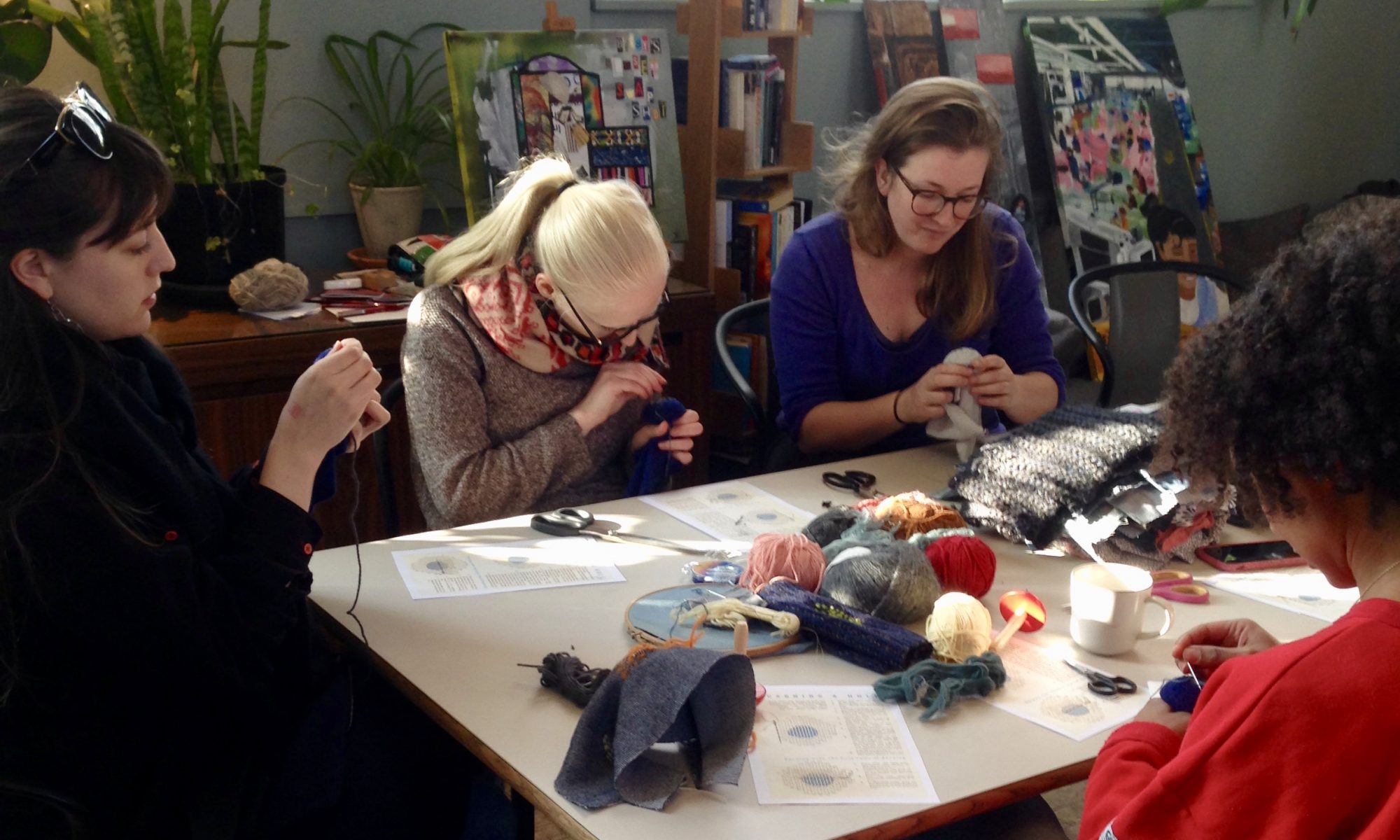Congratulations to Fashion Revolution on another successful Fashion Revolution Week! The week kicked off with a thought provoking Fashion Question Time that focused on Rights, Relationships and Revolution. Particularly the link between climate and racial injustice. Thanks to everyone for commenting on our social media posts and joining our mend-a-longs. This is what we learnt…
1. Environmental and human rights need to be top of the agenda for business

Respecting nature and the rights of workers should be a moral obligation, it is also the only way that industry can continue to be viable into the future. There is a necessity to work with nature to create new methods of production, to build workplaces that are safe for and respectful of their workers and to strive towards a circular economy.
2. What’s in my clothes?
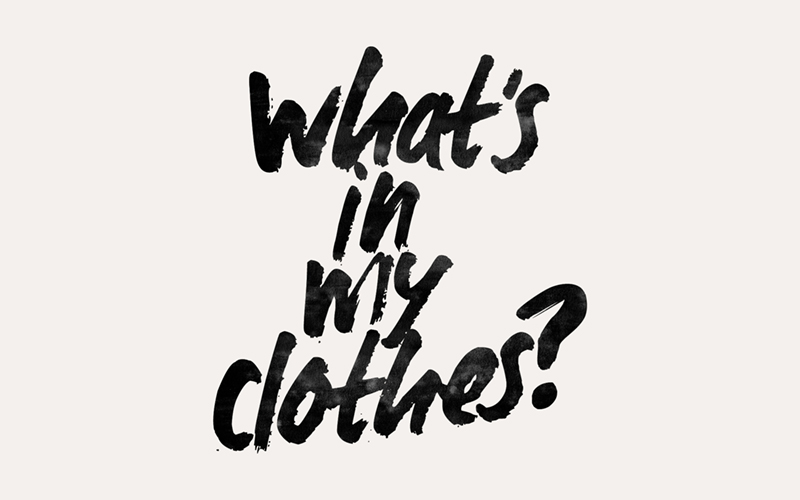
A shocking number of chemicals are used in our clothing, with around 800 of them known to interfere with hormones in both males and females. Since 1996 the EU has recognised these chemicals as hazards but she again highlighted how the interconnectedness of government and business meant it had been hard to get them banned. We asked Playtex and M&S #whomademyclothes and #whatsinmyclothes ? Playtex sent us a link to their sustainability credentials. We followed up asking why it is difficult to find this information on their e-commerce sites and why they haven’t taken part in the Fashion Revolution transparency index.
3. We have consumer power
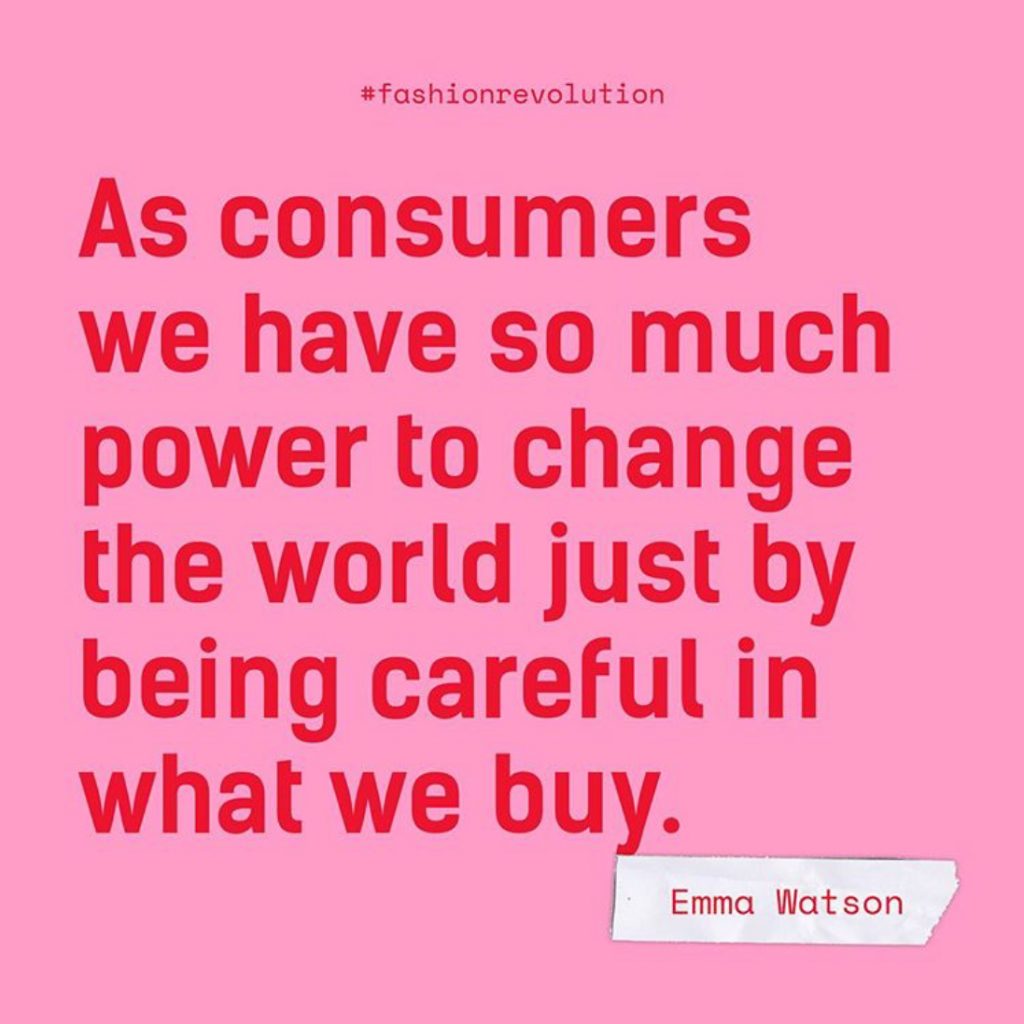
Earlier this week there was news of a football EU super league, which the fans protested against. Within 24 hours of the pressure from the fans the league and government threatening with legislation all 6 UK clubs pulled out. The league can’t make a profit if nobody watches and the TV companies don’t pay for the rights. Just think how we could change the fashion industry if we stopped buying clothes from brands that don’t pay their garment workers a fair wage. If we stopped buying clothes made from chemicals and fibres that damage the Earth, the brands would have to adapt their sourcing policies to appeal to the consumers.
‘…if people are willing it could happen tomorrow, or it could be years and years…nothing is impossible.’
Nazma Akter , Fashion Question Time
4. Legislation is key to genuine change
Preventing Fashion’s negative effects on the Earth clearly isn’t as top of the UK Government’s agenda as football is. The UK Government rejected 2019 Fixing Fashion’s report by the Environmental Audit Committee which could have brought in some legislation against the negative effects of Fashion on the earth. Governments and businesses need to start putting the planet and people before profit. Governments need to shift subsidies from supporting damaging industries to fund those that are sustainable and ethical and to put legislation in place to give workers, consumers and citizens a voice
5. Consume less + mend more!
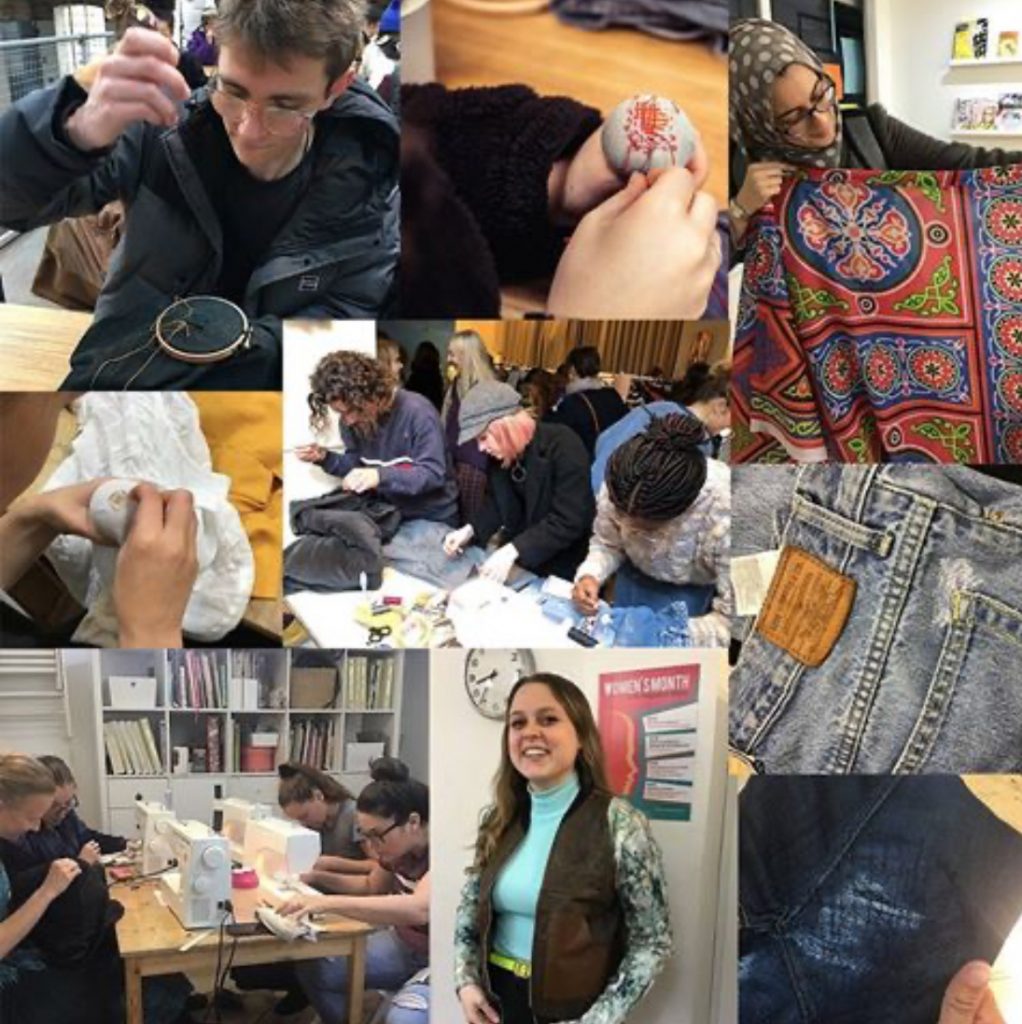
‘If we consume less it automatically reduces the number of plastics and chemicals in our clothes.’ Baroness Bennet of Manor Castle, Green Party. Before buying new clothes, consider what we already have in our wardrobes. Why hasn’t an item of clothing been worn for a while? Can it be repaired or altered into something you will wear? Or re-sell it on one of the many resell apps available for someone else to love. Follow one of our videos teaching how to mend clothes or join one of our workshops.
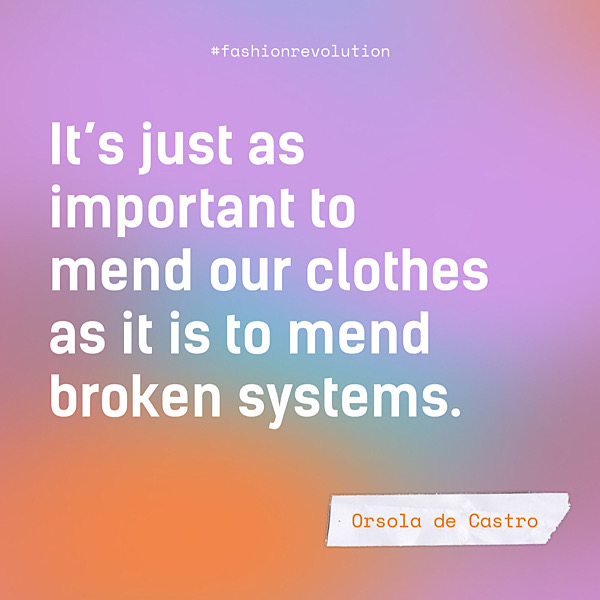
About Fashion Revolution Week: This is the eighth year in which the charity ask us to challenge our favourite fashion brands with the question #whomademyclothes? Fashion Revolution was established in 2013 a year after the Rana Plaza disaster that killed 1138 garment workers in Bangladesh. Since then charity have been campaigning globally against the human and environmental consequences of the fashion industry. Encouraging brands to change their practices to a more transparent and circular model.
